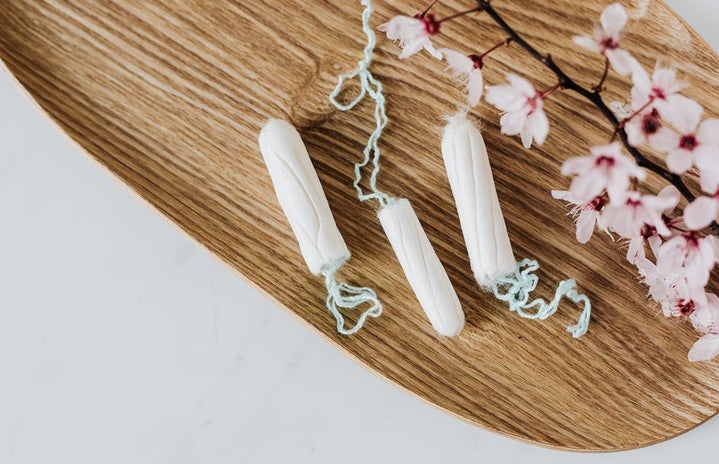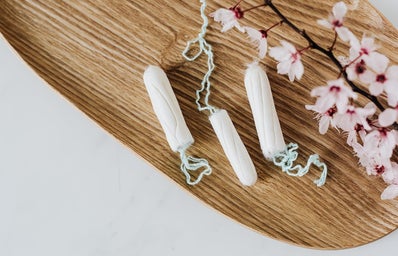Periods. They can be an inconvenience at the best of times, however, when you have severe cramping sometimes the last thing you want to do is go to work. While it might sound strange asking for time off due to your menstrual cycle, it is not a new concept. In fact, paid period leave has been practiced by numerous countries for years and has proven to be extremely effective.
The conversation about periods is slowly getting less stigmatised as time has gone on. Scotland has recently become one of the first countries in the world to provide free period products along with the abolition of period tax. Rightfully so, no one should have to pay for products which provide basic care during that time of the month. We must celebrate and start talking about menstruation in a positive way instead of sweeping the subject under the rug and allow society to ignore the fact we bleed out of our vaginas once a month with sometimes experiencing excruciating side effects.
Occasionally I can’t help but wonder, if men had to undergo monthly menstruation cycles would periods still be stigmatised as much as they have been and would paid period leave still be as much of a phenomenon as it is?
Due to the stigma surrounding the topic of periods it often leaves women with the fear of being seen as weak, particularly in the workplace. The taboo is misogynistically indoctrinated into our minds as a patriarchal society has led women to believe that a natural menstrual cycle is completely and utterly strange. The reason it shouldn’t be umbrellaed under sick leave is because you’re not ill when you’re on your period, you are menstruating. There are simply not enough sick days for any employee to use in a year to cover the worst days of their cycle every month.
Paid period leave policy promotes the generality that there are biological differences on the work floor which can impact our daily work lives. It acknowledges the pain women can experience on a monthly basis, such as severe cramping and headaches. Not only does this remove the pressure of women to perform on the work floor while in pain but also allows for more productivity during the rest of the month.
According to a report conducted 2 years ago by the British Medical Journal, women lose up to nine days of productivity a year during their periods as the negative impacts of menstruation can even make showing up for work or studying a chore in itself. The company, Coexist, was the very first in the UK to introduce period leave. They emphasised the importance of companies recognising that women deserve to take time to allow their bodies natural cycle to take place without putting this under the label of being sick.
Legislation offering menstrual leave already exists in certain countries such as Japan and Korea but is considered to be an “unusual institutional practice” according to the Guardian. While this policy has been accepted by Asian countries since 1947, it has largely failed in other countries across the globe. Critics of paid period leave view it as sexism and a stigmatisation of periods. This is because they view that this type of legislation could result in the fear of women being less likely to be hired or paid less compared to their male counterparts. It is obvious that these concerns are all internalised sexism. If this was a conversation about the male reproductive organ causing men to be bent over their desks with cramps it would be a completely different conversation.
There are many misconceptions about paid period leave. For example, there seems to be this notion that it would mean a free week off work for anyone with a uterus. This is simply not the case. Paid period leave looks different for each company, due to the fact this is not implemented by the government, companies would have to decide on certain policies that would be most affordable for them. This means that it would allow for certain flexibility when someone is on their period. It would not mean that the entire week of which someone is menstruating they would get off but more the option of working from home or getting a maximum of 2-3 days off during their time of heaviest flow.
Period leave invites the conversation of periods onto the work floor. It makes women a lot more comfortable to be open to colleagues on their days of which they feel a little under the weather due to menstruation. Along with this it allows for women to be more productive on the days of which they are not having to experience severe cramping. Reproductive health issues should be normalised and destigmatised, the introduction of paid period leave across all companies would create an inviting environment on the discussion of the female menstrual cycle.


